Master of Science in Geophysics

学历文凭
Masters Degree

专业院系
地球物理学与地震学

开学时间

课程时长

课程学费

国际学生入学条件
Student must have
- Bachelor’s degree or recognized equivalent from an accredited institution
- Eligibility for admission with a 3-year bachelor's degree are determined on a case by case basis
- Minimum grade point average (on a 4.0 scale): 2.75 for a master’s degree
- Minimum score requirements: TOEFL: 550 (paper) or 79 (internet), IELTS: 6.5 (academic version).
Application Deadlines: Jan 1 (Fall) | Spring: Sept 15
IDP—雅思考试联合主办方

雅思考试总分
6.5
了解更多
- 雅思总分:6.5
- 托福网考总分:79
- 托福笔试总分:550
- 其他语言考试:Pearson (PTE): 59, Cambridge: 176, Duolingo: 105
CRICOS代码:
申请截止日期:请 与IDP联系 以获取详细信息。
课程简介
Graduate research within our program ranges over a variety of geologic subdisciplines, including: seismology, geophysical exploration,<br>hazards and environmental assessments, paleomagnetism, rock magnetism,geodesy, planetary sciences, and remote sensing<br>Students work with a faculty member to choose an appropriate course of study for their academic or career goals. Graduate students conduct research within the Department and in association with the Nevada Bureau of Mines and Geology and the Nevada Seismological Laboratory.<br>Both regional and international research programs are available. Field-related studies and research are among the strengths of our programs. The University of Nevada, Reno is located near the boundary between the Great Basin and Sierra Nevada physiographic provinces, and is near many world-class localities for field studies, ranging from glaciated high country to high desert environments. Lake Tahoe and Yosemite, Great Basin, and Lassen Volcanic national parks are all within easy reach of Reno. We have state-of-the-art instrumentation for geologic, temperature, seismic, gravity, magnetic, electrical, geodetic, petrologic, and rock property studies. We also have one of the world’s largest regional seismic networks and host the world’s largest GPS analysis center.<br><br>The student learning outcomes include:<br>To read and critically evaluate relevant scientific literature in the specific topic area of the advanced geologygeological engineeringgeophysics sub discipline studied.<br>To demonstrate an advanced level of competency and mastery in the specific topic area of their thesis.<br>To discuss the relationship of the specialized area of geologygeological engineeringgeophysics studied in their thesis in the broader context of the field and Earth Sciences in general.<br>To produce and communicate professional products, reports, and presentations that address the chosen topic or research in the specific topic area of their thesis.
相关申请

预科

奖学金

实习机会

在校学习

跨境学习

校园授课-线上开始

在线/远程学习
本校相关课程
Master of Music in Music Education

学历文凭
Masters Degree
下一个开始日期
课程费用总额
Master of Arts in Music
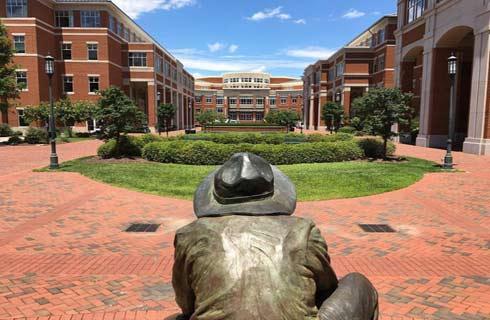
学历文凭
Masters Degree
下一个开始日期
课程费用总额
Bachelor of Arts in Women's Studies

学历文凭
Bachelor Degree
下一个开始日期
课程费用总额
Bachelor of Science in Wildlife Ecology and Conservation
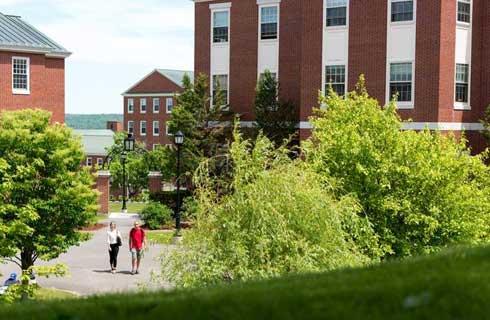
学历文凭
Bachelor Degree
下一个开始日期
课程费用总额
Bachelor of Science in Veterinary Science

学历文凭
Bachelor Degree
下一个开始日期
课程费用总额
Doctor of Philosophy in Speech Pathology
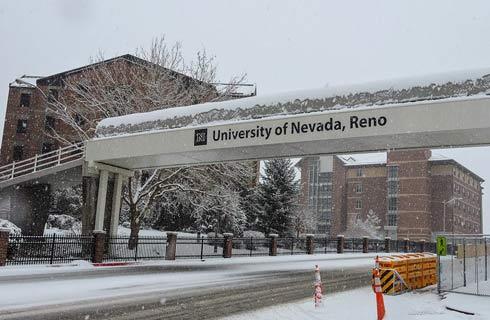
学历文凭
Ph.D.
下一个开始日期
课程费用总额
其他相关课程
物理与地球物理学理学学士

麦吉尔大学继续教育学院
泰晤士高等教育世界大学排名:
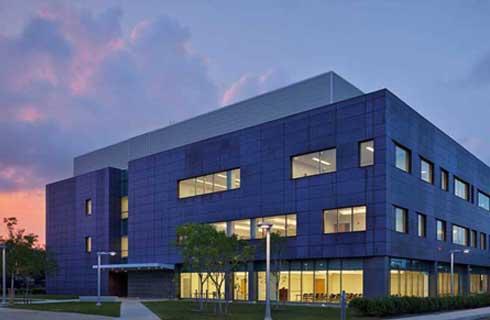
学历文凭
Bachelor Degree
下一个开始日期
课程费用总额
地球物理学理学学士

卡尔加里大学
泰晤士高等教育世界大学排名:

学历文凭
Bachelor Degree
下一个开始日期
课程费用总额
地球物理学哲学博士

不列颠哥伦比亚大学
泰晤士高等教育世界大学排名:
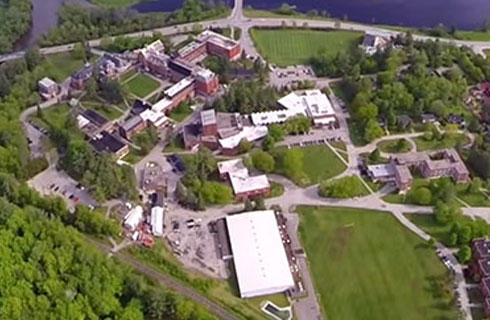
学历文凭
Ph.D.
下一个开始日期
课程费用总额
地球物理学应用科学硕士

不列颠哥伦比亚大学
泰晤士高等教育世界大学排名:
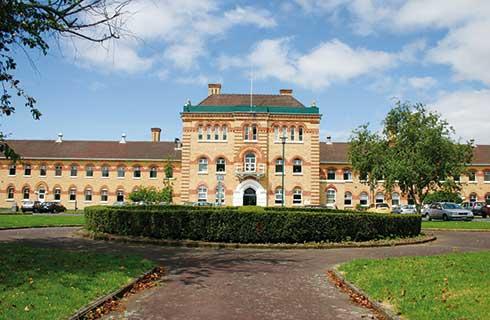
学历文凭
Masters Degree
下一个开始日期
课程费用总额
地球物理学理学学士

不列颠哥伦比亚大学
泰晤士高等教育世界大学排名:
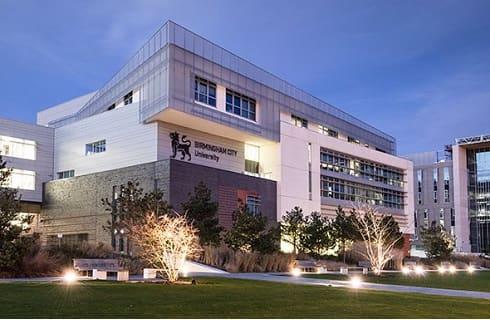
学历文凭
Bachelor Degree
下一个开始日期
课程费用总额
地球物理学理学硕士

不列颠哥伦比亚大学
泰晤士高等教育世界大学排名:
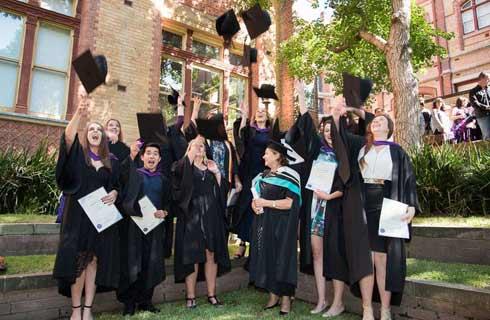
学历文凭
Masters Degree
下一个开始日期
课程费用总额





